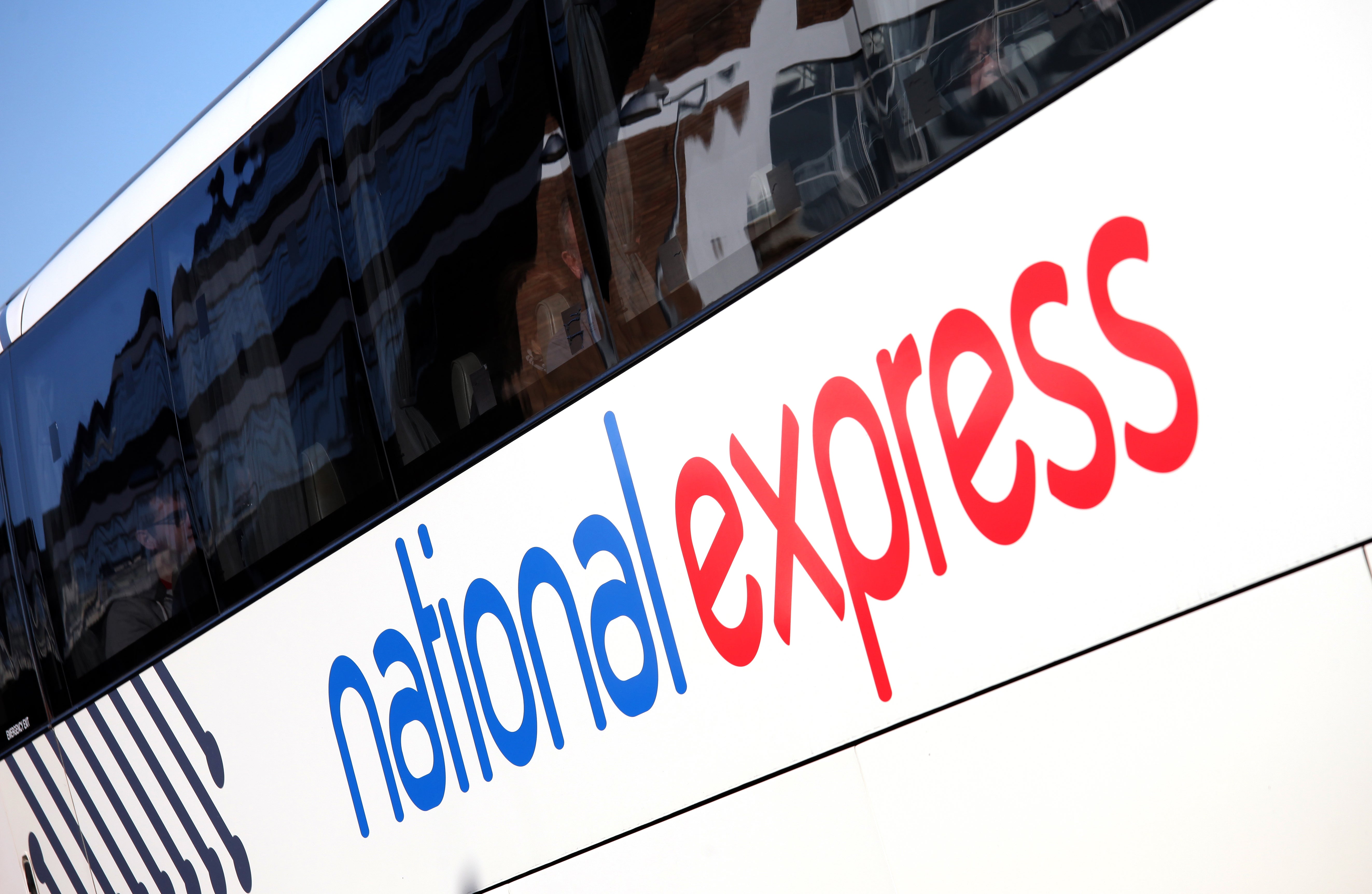National Express avoids fuel shortages, but feels pressure on driver numbers
The bus company said its revenues over recent months have been only 17% lower than in 2019.

National Express has said its practice of buying fuel ahead of time has helped it avoid recent shortages in the UK and rising prices.
The bus company said it has already bought all the fuel it needs until part-way through 2023, a practice known as hedging.
It has therefore managed to mitigate recent price rises. The company also dodged the problems of supply that have been impacting UK forecourts.
“The recent fuel shortages in the UK have had no impact on our businesses; we have had continuity of supply throughout,” the firm said on Thursday.
Chief executive Ignacio Garat said: “I am pleased to say that our ongoing focus on cost management along with our long-established procurement and fuel hedging programmes mean that we have seen no material impact from input cost inflation.”
Despite largely avoiding two major issues, Mr Garat said the company’s staff had needed to work hard to ensure it was not impacted by a shortage of drivers.
“I am particularly grateful for the efforts of our colleagues in mitigating the industry-wide challenges of driver availability,” he said.
“This is particularly the case in our North American School Bus business and our team there has worked tirelessly to deliver results in line with our expectations despite this.”
The results have seen National Express slowly recover from the pandemic. In the third quarter of the year revenue was only 17% lower than in 2019, before the pandemic.
It is an improvement from 24% in the second quarter of this financial year.
National Express has avoided recent disputes with staff that have plagued fellow bus firm Stagecoach
Stagecoach drivers plan to strike for much of the next month, protesting against what they see as unfair pay. The drivers, at three depots in Wales want £10.50 per hour, and called a strike after two rounds of failed talks.
The Unite union said Stagecoach had demanded cuts to sick pay and paid breaks to even offer the drivers £10.10.
Bookmark popover
Removed from bookmarks